BBC was working on Huw Edwards expose before Sun report
The BBC claims it was working on a story about Huw Edwards after staff and former staff were sent ‘inappropriate messages’ by the veteran anchor.
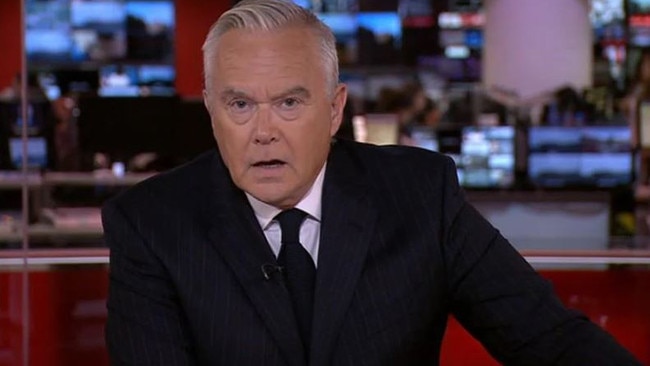
Victoria Derbyshire had been working on a Huw Edwards expose before The Sun published its revelations, raising questions about how much the BBC knew about his alleged behaviour.
Derbyshire, a presenter on Newsnight, revealed on Wednesday evening’s program that BBC staff and former staff had been sent “inappropriate messages” by the News at Ten anchor. .
She is understood to have started work on her story after receiving information in the days before the newspaper published its initial allegations online last Friday evening. Edwards, 61, was accused in The Sun of paying £35,000 ($67,000) to a vulnerable youngster. The police have since confirmed they had found no evidence of a crime.
Derbyshire said that one of the individuals contacted by Edwards believed that he was guilty of an “abuse of power” and another said that receiving a private message about their physical appearance had given them a “cold shudder”.
Her reporting, first revealed by Deadline, a news website, has raised questions for BBC bosses about the culture in the newsroom and the way in which complaints can be raised.
One BBC presenter said that it had been rumoured for some time that Edwards was showing an interest in young members of staff. “For every equal who speaks fondly of him there are juniors who were totally intimidated by him,” he said.
A former star added: “Even the dogs on the street knew that he had a reputation in terms of the way that he interacted with young colleagues.”
An insider said that while inappropriate behaviour by Edwards was not common knowledge, he did have a reputation among a certain cohort.
The veteran presenter, who has appeared on the BBC for 39 years, also has a lot of supporters at New Broadcasting House in central London, which houses BBC News. Some shed tears in the newsroom on Wednesday as they learnt that Edwards was receiving hospital treatment owing to the events of the past few days.
According to some sources, no formal complaints have been made about Edwards. The BBC declined to comment.
Questions have been raised about the way in which the BBC has reported its own allegations about one of its star presenters, who has presided over its coverage of big national events including Queen Elizabeth’s death, Prince William’s wedding and the inauguration of Barack Obama as the US president.
The newsreader Sophie Raworth was the one who announced Edwards’s identity in the BBC’s 6pm bulletin on Wednesday, ending days of speculation, and said that he was in hospital and having mental health treatment.
Emily Maitlis, the former Newsnight presenter, said on her podcast The News Agents that it was “a bit distasteful” for journalists to be reporting on the allegations rather than referring them to management. “If you know this stuff about a colleague, why isn’t your first duty to then go to HR or a senior manager … rather than turning it into a news story,” she said.
Her co-presenter Jon Sopel, also a former BBC journalist, added: “A BBC news presenter using BBC resources to investigate another BBC news presenter. Does it get any weirder or madder?”
Others inside the organisation agreed. One called Newsnight’s coverage “appalling”, while another added that the mood within New Broadcasting House had been “quite rabid”.
However, some considered Newsnight’s report, coupled with other BBC allegations in recent days, to be vital as the BBC striven to hold itself to account as it would any other media organisation.
Stewart Maclean, the editor of Newsnight, addressed the program’s team the following morning. One person there said that “the whole place is shell-shocked”.
“He acknowledged it’s uncomfortable territory for us to be in when it’s so close to home but we have a duty to investigate anything regardless of the subject,” the source added. “So although feelings run high and it’s a difficult time for the BBC, he stood by our journalism and defended running the story.”
Another senior figure said that some staff shed tears after the 6pm bulletin. “People here have worked with him extremely closely and it’s very uncomfortable. This story is very close to home and emotions are running high. It is a real pressure cooker – partly because of the nature of the story and partly because people have known his identity for so long.”
Another warned that if the BBC did not broadcast its own investigations, it risked being accused of a cover-up. Overshadowing its decision-making is its failure to report on the Jimmy Savile scandal.
“This is such a finely balanced situation, there are loads of grey areas and there is only a least-worst option. We have unflinchingly covered this story and I am genuinely proud,” the source said. “We are slightly haunted by the ghosts of our past.”
Earlier this week, Tim Davie, the director-general, said: “Any affair of this nature is serious in terms of the BBC’s reputation. It’s too early to see how this affair impacts that but it’s important that the BBC [provides] free, independent reporting. No one could argue that the newsroom has not been suitably muscular in reporting its travails and that builds trust.”
The Times

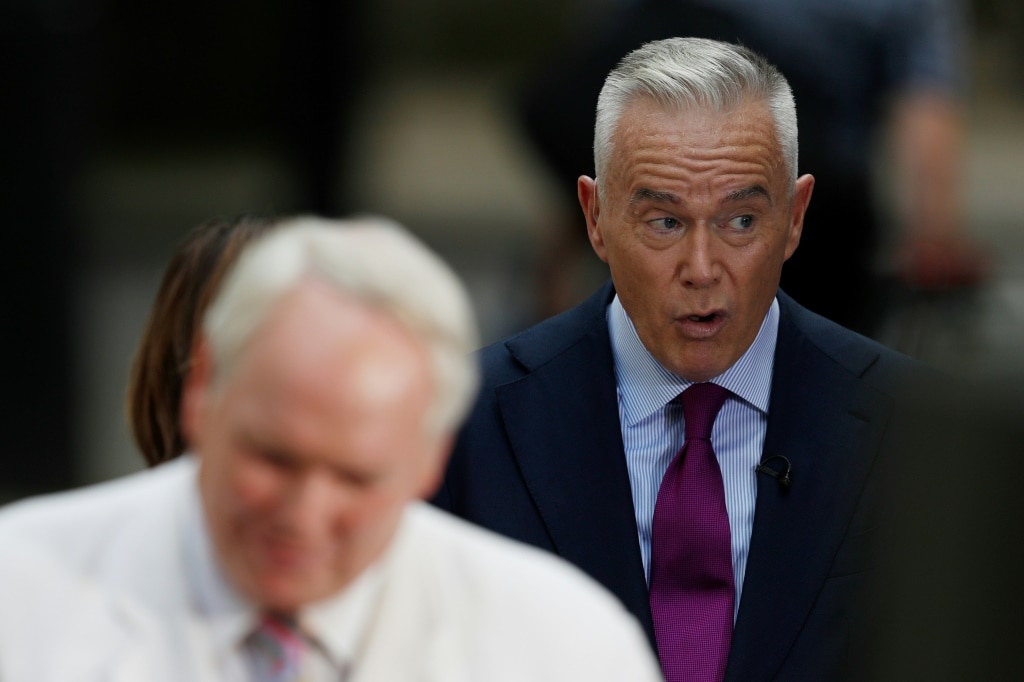
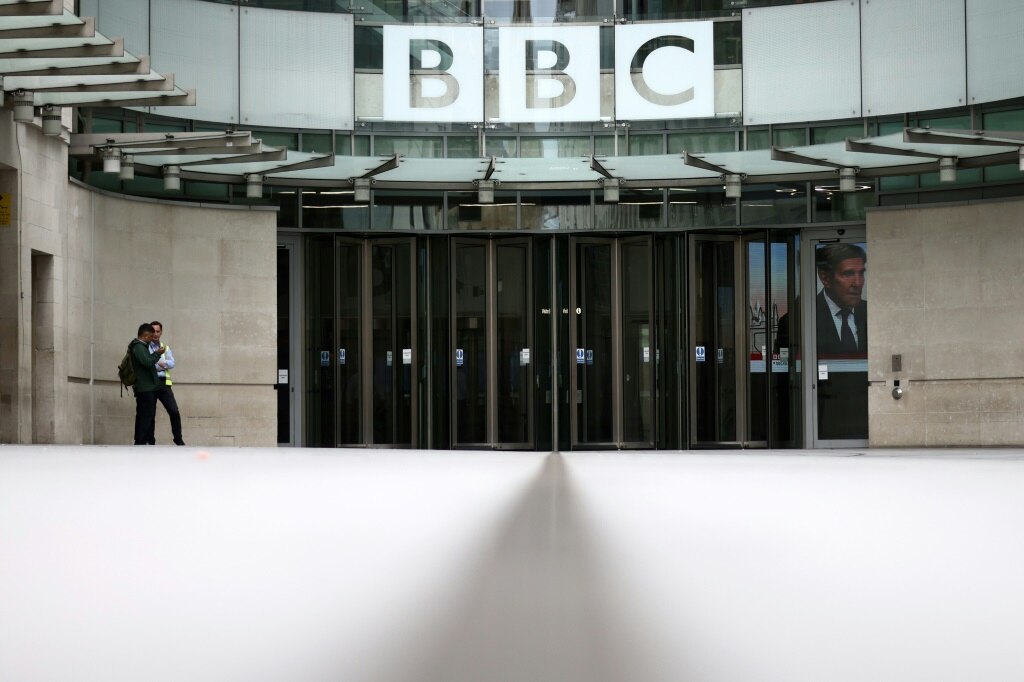
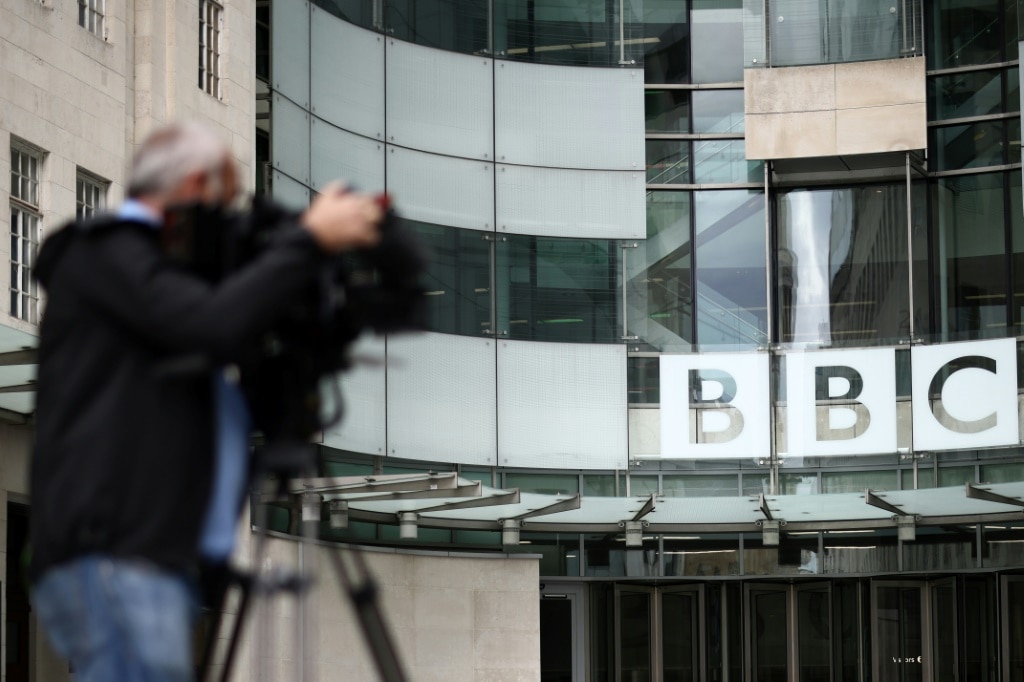
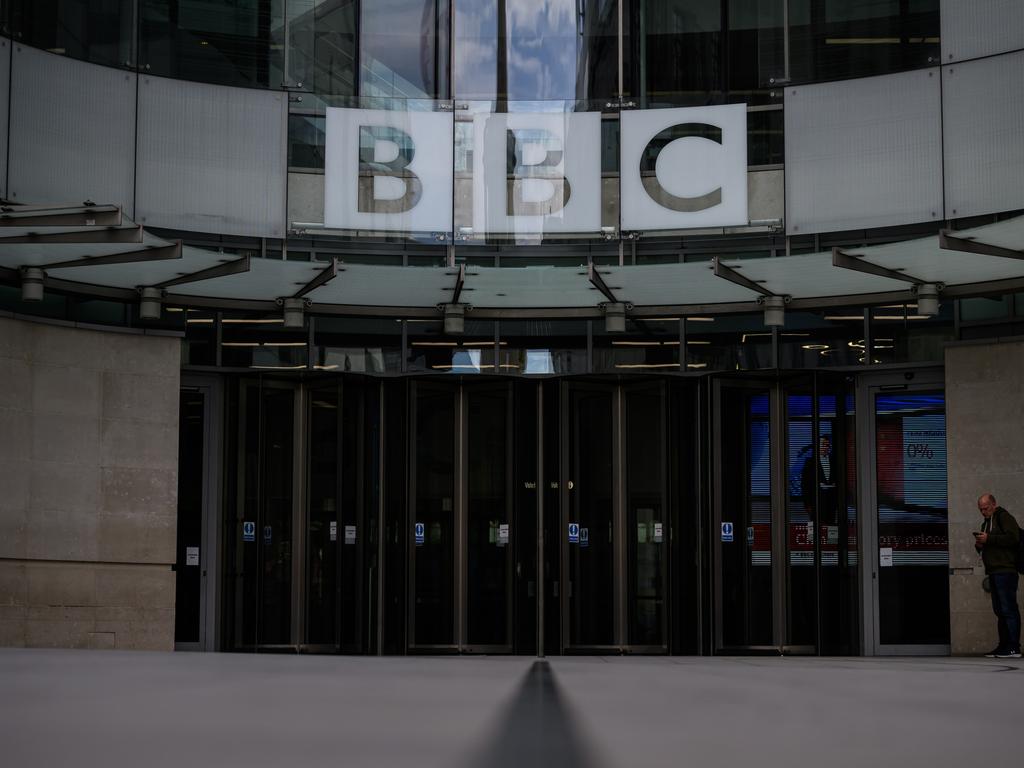


To join the conversation, please log in. Don't have an account? Register
Join the conversation, you are commenting as Logout